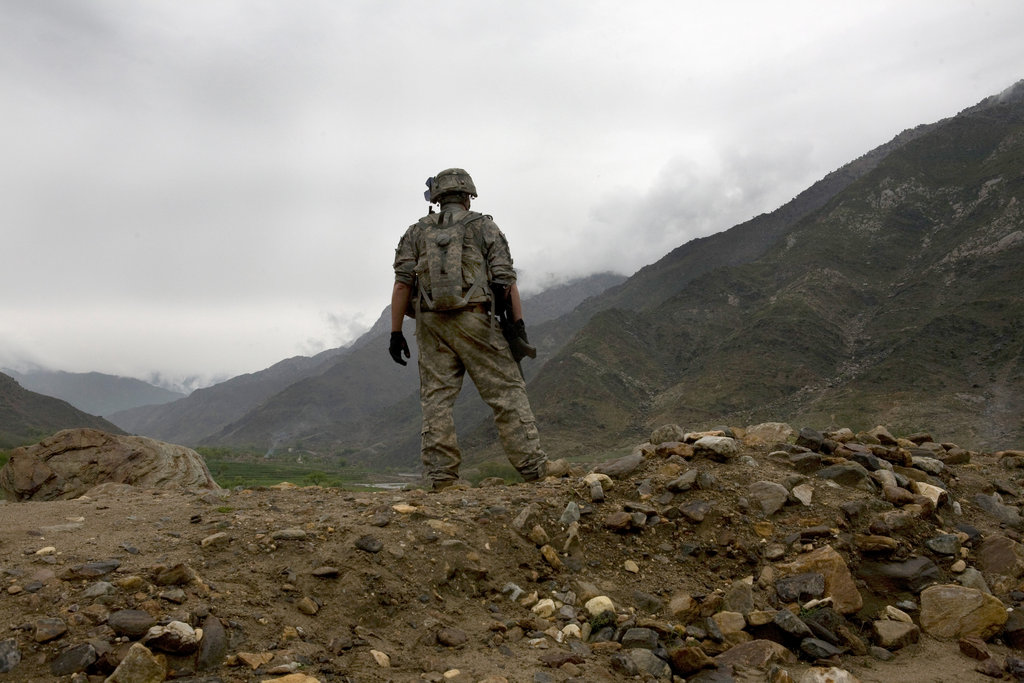Christopher Nelson spoke with Guy “Bus” Snodgrass about his new book Holding the Line: Inside Trump's Pentagon With Secretary Mattis. Snodgrass was Secretary Mattis’s chief speechwriter and later communications director. In this detailed and extensive interview, Snodgrass explains why he doesn’t believe he betrayed Mattis’s trust, the mechanics of speechwriting for Department of Defense seniors, the creation of the National Defense Strategy, and his thoughts on the challenges and opportunities the Navy has with retention and talent management today.
Interviewing B.A. Friedman On Tactics
#Reviewing Tiger Check
In the beginning, being a fighter pilot was all about having what later came to be called “the right stuff:” good eyesight, excellent hand-eye coordination, good stick and rudder skills, and aggressiveness. Fino goes to great lengths to demonstrate that over the course of next three decades these skills did not necessarily change, but they did evolve as pilots had to contend with increasingly complex aircraft systems. The history of fighter aviation rapidly became the struggle to understand automation.
#Reviewing Architect of Air Power: General Laurence S. Kuter and the Birth of the U.S. Air Force
Biographies are often among the best-selling history books, but for many academic historians they are among the most difficult to write. The attraction to some subjects over others has also led to limitations in the literature. Many biographers are attracted to top-level commanders or to the lower level individuals making tough combat decisions in the tactical realm. Rarely do mid-level managers get a thorough treatment that can accurately relate the importance of their work to the larger trends of history. This is exactly what Brian Laslie’s new book Architect of Air Power seeks to remedy for General Laurence S. Kuter. In this brief but lively survey of Kuter’s life, Laslie successfully argues that although Kuter may not have risen to the fame of other Air Force leaders of his day, he nonetheless deserves recognition. Kuter was the father of the United States Air Force’s history program and a key developer of U.S. Air Force doctrine from the Second World War through the early days of the Cold War. As Laslie claims, he was the architect of American air power.
#Reviewing Destined for War: An Interview with Graham Allison
In many ways the Peloponnesian War was a maritime struggle—the Athenians built their empire through their navy, the culminating point of the war was the failed Syracuse expedition where Athens lost 200 ships, and the war finally ended when Athens surrendered a decade later after the remainder of its fleet was destroyed by Sparta at Aegospotami. In The History of the Peloponnesian War, Athenian exile Thucydides details how his native city-state’s empire and power expanded throughout the Hellenic World, often at the relative expense of status quo power Sparta.
Interviewing John Renehan, Author of The Valley
The Valley was named one of Wall Street Journal’s Best Books of 2015 and Military Times listed it among their Top 5 in a year of strong work from authors like Jesse Goolsby, Eliot Ackerman, and Seth Folsom. Tom Ricks compared its author to Jane Austen. The book, by former U.S. Army officer John Renehan, is a thrilling crime novel set in a deep valley of Afghanistan’s remote Nuristan province, and today he chats about The Valley and other things with Marc Milligan.
Madam General: Interviewing Vanya Eftimova Bellinger
I first got interested in Clausewitz while living in Germany. It was a time of heated debates on whether US should have invaded Iraq. I think I bought my first copy of On War in German around 2005. Then during my graduate work, Clausewitz was again a big part of the discussions and I started reading it once again. This time, however, I was also interested in Clausewitz, the man and soldier, and so I stumbled upon the whole story about Marie editing On War. None had written anything in depth on the subject and I thought this might be something I could study.








